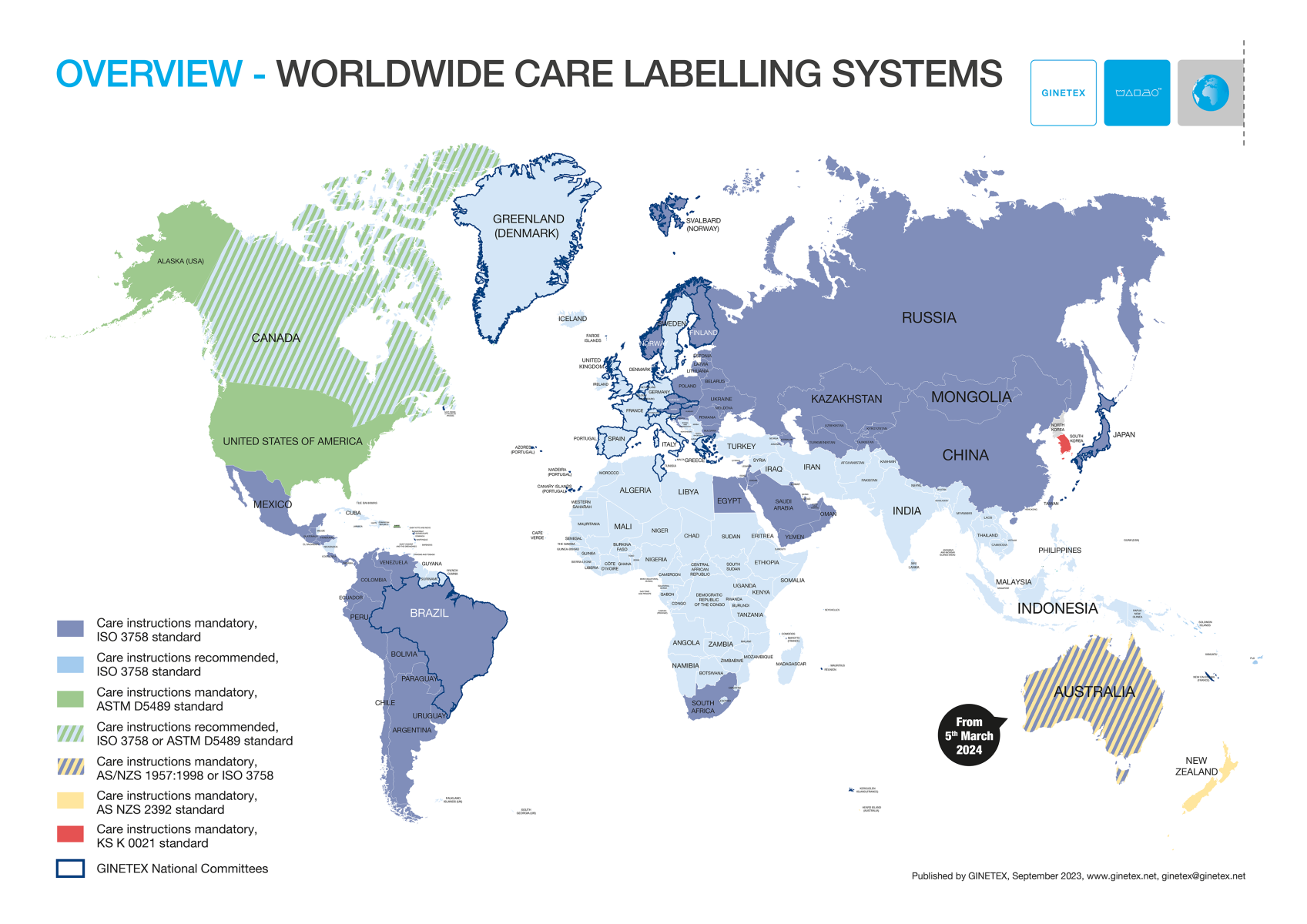Greenwashing: The European Commission proposes a directive on green claims
On March 22, 2023, the European Commission published a proposal for a Directive on the Substantiation and Communication of Explicit Environmental Claims (Green Claims Directive). It presents common criteria to fight greenwashing and misleading environmental claims by providing more specific rules, in addition to a general ban on misleading advertising.
The proposal requires that the validation of explicit environmental claims be based on an assessment that meets a set of minimum selected criteria to avoid that the claims be misleading.
Companies will have to:
- Base their claims on recognized scientific evidences and cutting-edge technical knowledges.
- Demonstrate the significance of impacts, aspects, and performance from a life cycle perspective.
- Consider all significant aspects and impacts to assess performance.
- Demonstrate whether the claim is true for the entire product or only for certain parts of it (for its whole life cycle or only for certain stages, for all the professional's activities or only for parts of it).
- Demonstrate that the claim is not equivalent to the requirements imposed by law.
- Provide information proving that the product is significantly more environmentally efficient than those on the market.
- Determine whether a positive achievement leads to a significant worsening of another impact.
- Transparent reporting of greenhouse gas offsets.
In addition to the substantiation and communication requirements applicable to all claims, Article 8 of the proposal introduces the requirements applicable to environmental labelling, including:
- Requirements for information transparency and accessibility on ownership, on the decision-making body and on the objectives,
- Criteria for awarding labels are to be developed by experts and reviewed by the stakeholders,
- The existence of a complaints and dispute resolution process,
- Procedures for dealing with non-compliance and the possibility of withdrawing or suspending the label in the event of persistent and obvious non-compliance,
- Prohibition of the creation of new national or regional public schemes,
- A validated procedure for environmental labels established by private operators in the EU and third countries by national authorities.
Note that this directive is based on minimum harmonization: it defines minimum requirements as it recognizes that some Member States may sometimes already have a stricter national legislation on the matter. This enables each Member State to set more stringent requirements than those defined in this proposal for a directive.
For more information: ginetex@ginetex.net
Tags : Care
News
GINETEX NEW PRESIDENT – On November 8th 2024, Adam Mansell has been appointed as GINETEX President for a 2-year period starting January1st 2025. He is the CEO of the UK Fashion and Textile Association (UKFT).
ISO 3758:2023 STANDARD HAS BEEN PUBLISHED
December 6th ,2023 – ISO 3758:2023 standard has been published, Textiles – Care labelling code using symbols.
This fourth edition cancels and replaces the third edition (ISO 3758:2012) technically revised.
RESULTS OF THE 4th IPSOS EUROPEAN BAROMETER 2023
What are the textile care habits in Europe ?
A NEW PRESIDENT FOR GINETEX
Mr. Thomas Lange, from German Fashion Association, has been appointed President of GINETEX for 2 years starting 1 January 2023.
RESULTS OF THE 3rd IPSOS EUROPEAN BAROMETER 2021
Environmental concerns are now central to Europeans’ new textile care habits.
BREXIT: IMPACT ON TEXTILE LABELLING
Textile labelling requirements in the UK will change starting 1st January 2021. Here are the main new requirements.
THE CHARTER FOR SUSTAINABLE CLEANING
A.I.S.E. presents first products which comply with the renewed detergents industry sustainability standard and relaunched its cleanright.eu platform.
A NEW PRESIDENT FOR GINETEX
Mr. Alejandro Laquidain, from Consejo Intertextil Español, has been elected President of GINETEX for 2 years starting 1 January 2021.
CLEVERCARE.INFO - A REVAMPED WEBSITE!
Enhanced with new sections, the aim of this new website is to become the reference in textile eco-care for consumers.
RESULTS OF THE 2ND IPSOS EUROPEAN BAROMETER 2019
One of the main findings is that durability of clothing is at the heart of Europeans’ interests, who wish to keep their garments for as long as possible.
HOW TO CLEAN A FABRIC FACE MASK
In the time of Covid-19, GINETEX gives you the main recommendations on how to take care for your fabric face mask.
GINETEX SIGNS THE UN CHARTER
By signing the UN Fashion Industry Charter for Climate Action, we continue our commitment to make consumers and brands aware of the changes necessary to decrease the impact of the textile and Fashion industry on the environment
SUSTAINABLE TEXTILE CARE
Clervercare.info, a full marketing program aimed at end-customers. Discover more with our video and comic strips!
A NEW PARTNERSHIP
GINETEX is now member of the Sustainable Apparel Coalition – Both of our international organizations are teaming up for a better world!
JOINT INDUSTRY ANNOUNCEMENT
A.I.S.E., APPLiA & GINETEX are publishing their joint tips for sustainable laundering.
A BAROMETER FOR CARE LABELLING
GINETEX, in partnership with IPSOS, unveils the outcomes of its European barometer "Europeans and textile care labelling".
THE EXTENDED PRODUCER RESPONSIBILITY (EPR)
France: The AGEC Law imposes, from January 1st 2022, the affixing of TRIMAN signage and info-sorting on products such as clothing textiles, household linen and footwear.
National Members
Video
GINETEX has developed an internationally applicable logo for sustainable care. Consumers are given information to help them reduce the environmental impact of caring for textile.



